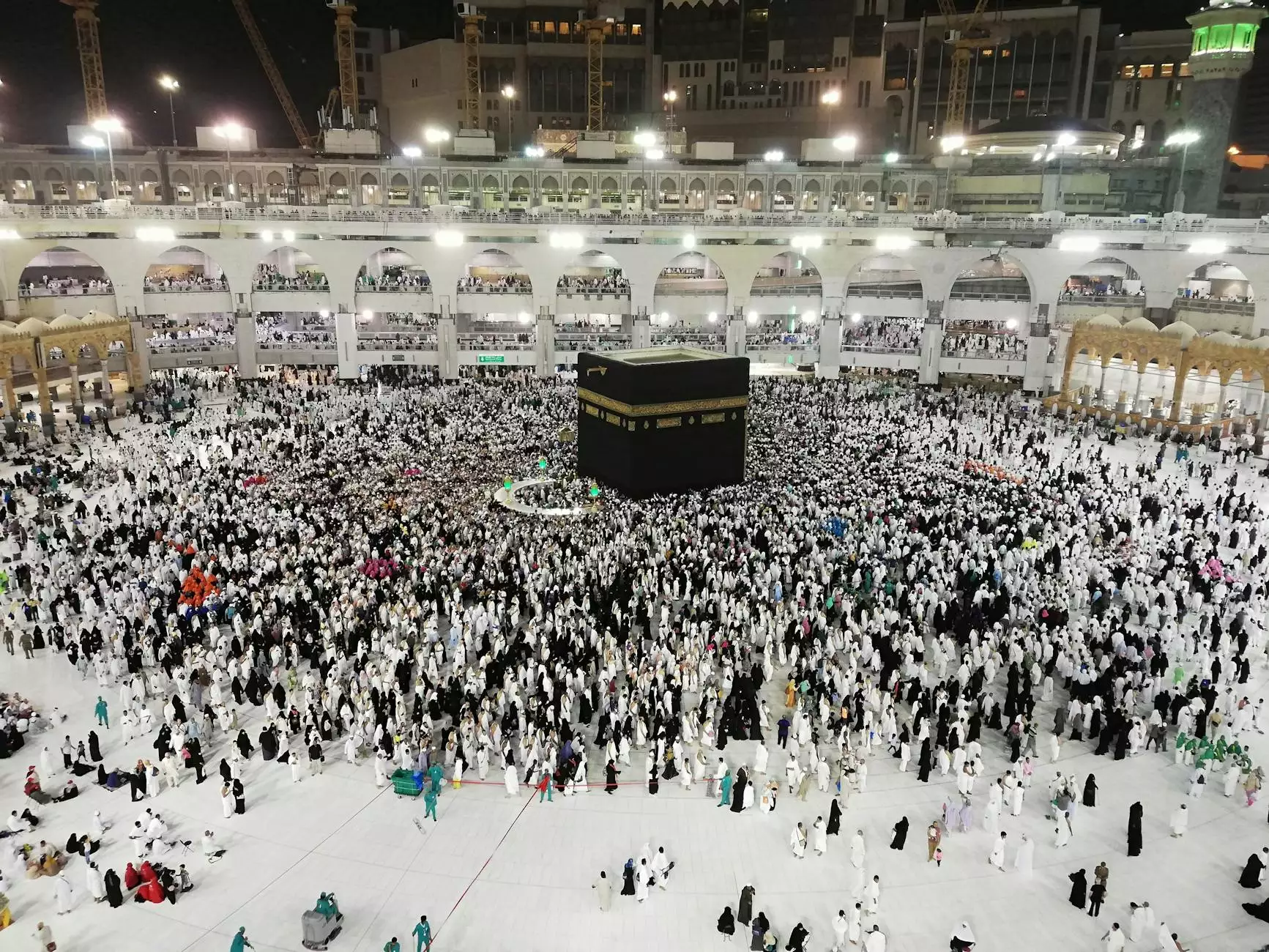The Marvels of Kaaba: Unveiling Fascinating Facts

When it comes to sacred sites with profound historical and religious significance, few places in the world evoke the same level of reverence and awe as the Kaaba. Situated in the heart of the Grand Mosque in Mecca, Saudi Arabia, the Kaaba stands as a symbol of unity and devotion for billions of Muslims across the globe. In this article, we delve into the depths of the Kaaba's history and explore some intriguing facts that highlight its importance.
The Kaaba's Origins and Significance
Kaaba facts reveal that this cubic structure has been a focal point of Islamic worship for millennia. According to Islamic tradition, the Kaaba was built by the Prophet Ibrahim and his son Isma'il as a house of worship dedicated to the one true God. Muslims believe that the Kaaba is the literal "House of God" on Earth and that it serves as a physical and spiritual focal point for their prayers and devotion.
The Dimensions and Design of the Kaaba
Measuring approximately 50 feet in height, the Kaaba is made of granite and limestone. Its exterior is covered in a black cloth adorned with gold-embroidered calligraphy that bears verses from the Quran. The structure's simple yet elegant design reflects the Islamic principles of humility and unity, inviting worshippers from all walks of life to come together in prayer and contemplation.
The Black Stone - A Sacred Relic
One of the most revered features of the Kaaba is the Black Stone, a meteorite believed to have been placed by the Prophet Ibrahim himself. Kaaba facts indicate that the Black Stone holds great significance for Muslims, who believe that it has the power to cleanse sins and grant blessings to those who kiss or touch it during their pilgrimage to Mecca.
The Hajj Pilgrimage
Every year, millions of Muslims from around the world embark on the Hajj pilgrimage to Mecca, where they perform a series of rituals that culminate in the Tawaf, or circling of the Kaaba. This sacred act symbolizes the unity of the Muslim ummah and the spiritual journey of the believer towards God.
The Kaaba's Mysteries and Myths
Throughout history, the Kaaba has been shrouded in mystery and legend. Some ancient accounts suggest that the Kaaba was once a site of pagan worship before being reclaimed by the Prophet Muhammad for Islam. Others believe that the Kaaba holds hidden treasures or ancient secrets waiting to be uncovered.
Modern Significance and Global Influence
Despite its ancient origins, the Kaaba continues to hold immense significance in the modern world. Muslim communities worldwide face towards the Kaaba during their daily prayers, uniting believers in a shared spiritual direction that transcends national boundaries and cultural differences.
Conclusion - Embracing the Legacy of the Kaaba
In conclusion, the Kaaba stands as a testament to the enduring power of faith, unity, and devotion. Kaaba facts paint a vivid picture of a structure that has weathered the sands of time and witnessed the ebb and flow of civilizations. By exploring the rich history and significance of the Kaaba, we gain a deeper appreciation for the spiritual heritage that unites us all.



